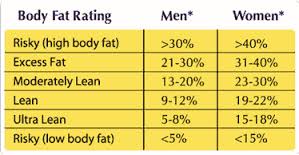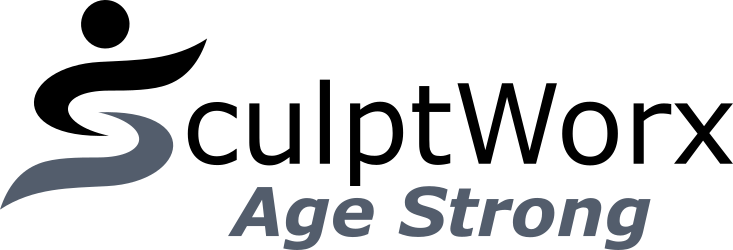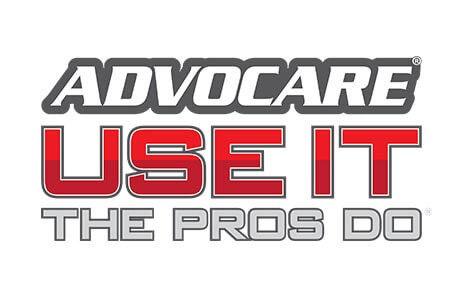How many times have you said, “I am throwing the scale away! I am never stepping on one again!”? It is a pretty common feeling when you are trying to “lose weight“, because sometimes when we feel like we are doing great, and our clothes fit better, we get on the scale and are discouraged by no change, or even worse…..the number goes up! UGH! Then, there’s the tension between fat vs muscle, rather fat loss or muscle gain! 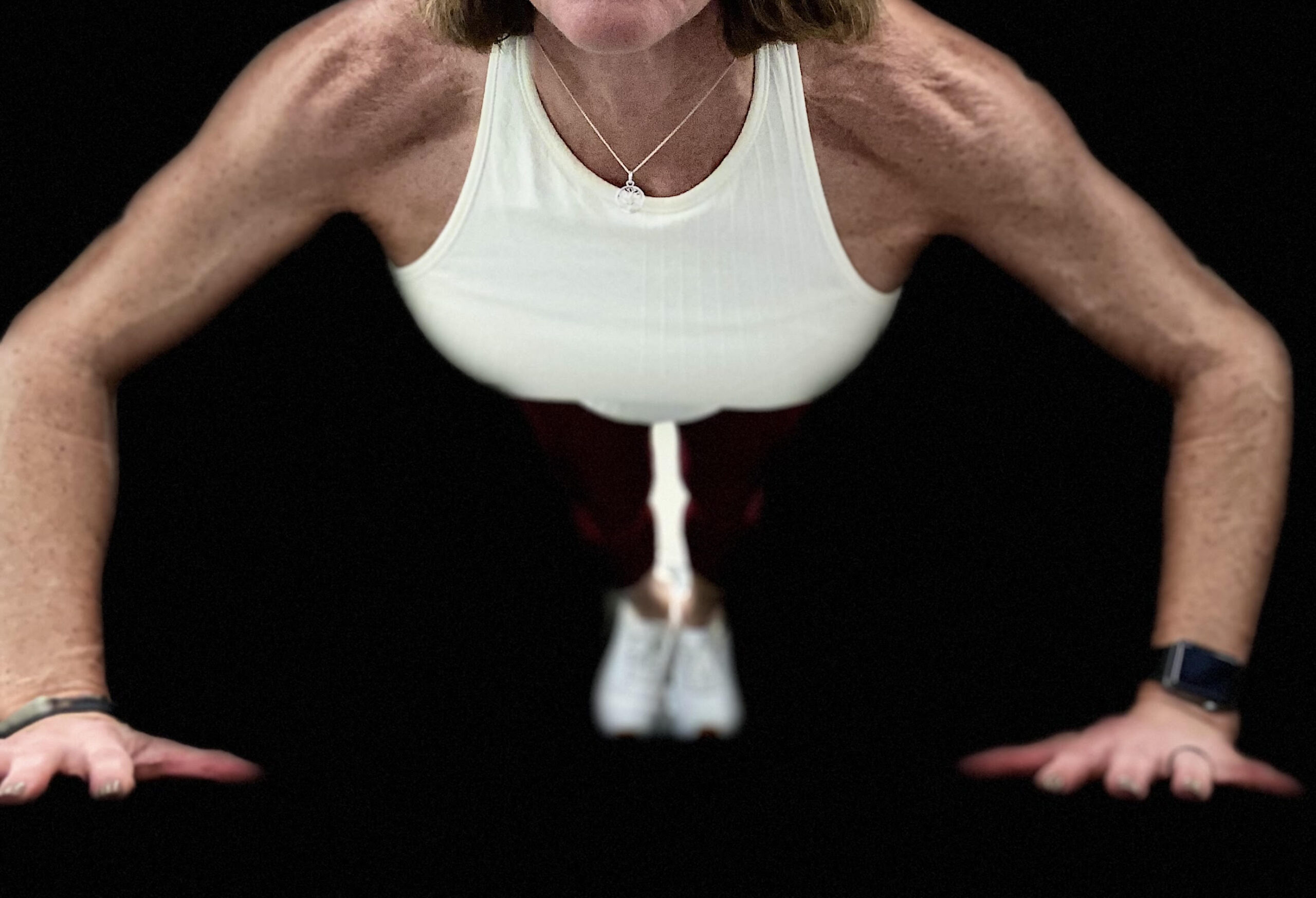
So what is the truth about weight loss with muscle gain? I have heard clients say that “ I must have gained weight because I gained muscle”. hmmmmmm. I have also heard that muscle “weighs more than fat”, so that is why they can’t lose weight….hmmmmm, Or that the fat is “turning to muscle”. hmmmmmm or my favorite, “ I don’t want to lift weights because I don’t want to “bulk up”!
Science Behind Fat vs Muscle
Let’s look at the science behind it all, and hopefully clear up some of the confusion.
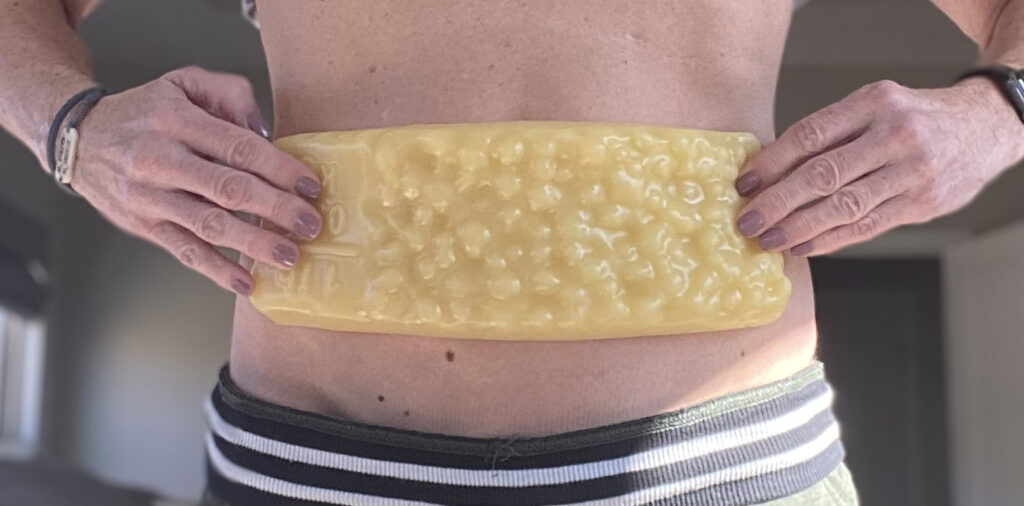
1 lb of fat vs abdominal muscle
There are other contributing factors to weight, it is not all muscle and fat. You have water weight which goes up and down, you also have waste that you carry around, and some people carry waaaay too much waste weight around on a “regular” basis, no pun intended. (that would really be “irregular” haha)
Another factor of weight is glycogen. Our bodies store glycogen in the muscles and liver for use as an energy source when needed. Glycogen is bound with water, actually about one gram of glycogen is bound to about four grams of water, and we can easily store almost a pound of glycogen in the liver.
Sidebar: When you go on a low or no-carbohydrate “diet” you deplete your glycogen stores and thus lose the water it is bound to. That is why those diets prove to be most successful at the beginning when you are flushing out the storage. There is Nothing wrong with that, as long as you eat enough good carbs. A problem may arise if you go too low carb, or no-carb, and your body has to find the glycogen somewhere to survive (your brain needs about 100 grams of glucose daily just for basic function) and will begin to break down muscle fibers to convert to energy – ”gluconeogenesis”. That is unless you are in ketosis. Keto diets train the body to convert fat into energy. I plan to have an article about keto diets and ketosis soon!
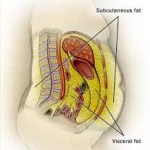
Does a “cheat meal” matter?
When you have been doing really well, eating veggies, lean proteins, and fruit, and you are losing weight but then decide to “cheat”, and if that consumption contains a lot of starchy carbs or sugar, be ready for the scale to go up right away! essentially, It is water weight, so don’t panic, however, the sugar will be stored eventually if you keep eating that way, or if don’t use that energy quickly.
For most people, (like 99%), fat loss is possible at a much greater speed than muscle gain. In a man who is doing everything “right” and working hard toward muscle gains, he can only be expected to gain about .25 lbs of muscle in a week, a woman can expect about half of that! On the other hand, it is possible to lose over 2 lbs of fat per week if you have it to lose, So the theory that you are gaining muscle faster than you are losing fat just doesn’t pan out…..sorry! That also addresses the “bulking up” issue, (I have only heard this come from women by the way) So many of us try to “bulk up” and don’t get very far, so it is rarely a problem. I suppose, theoretically, if you did not reduce your calories while heavy strength training and therefore added some muscle without any fat loss, you may appear “bulkier” because you have had no total mass loss. That being said, eventually, your caloric need would go up from muscle gain and you would begin to lose fat……..so don’t worry about bulking up from strength training!
The other thing to consider is that in order to lose fat weight, you need to create a calorie deficit, BUT when we are calorie-deprived, it makes it much more difficult to gain muscle. It is possible, but unlikely unless you have specific nutritional guidance.
Now, can fat “turn to muscle”? Nope! Fat is fat and muscle is muscle, HOWEVER, the more muscle you have, the greater your ability to lose fat, like mentioned above.
Summing Up Fat Loss Vs Gaining Muscle
- If you have fat to lose, and you are not losing weight, then look closely at your food choices, all calories are not equal, If you are not “keto” then get most of the calories from vegetables, fruits, nuts, beans, and lean proteins. If you are already doing that, then it might be time to analyze your portion sizes.
- If you want to gain muscle then you need to feed the muscle and work to strengthen them with weight and resistant training.
- If you know you will be having a high-carb meal for some occasion, plan ahead by eating healthy before you go so you eat less, or plan to meet a friend for a workout the following day. There are also some supplements you can take ahead of time to counteract some of the carbohydrate absorption. But should be occasional and not a crutch.
I hope I kept it simple but was still able to get across the truth about weight loss and muscle gains. If you get on the right plan and have some support and guidance to make changes as you plateau, you can be successful in reaching your goal! Whether it be losing weight or gaining muscle, go for the healthy range!
